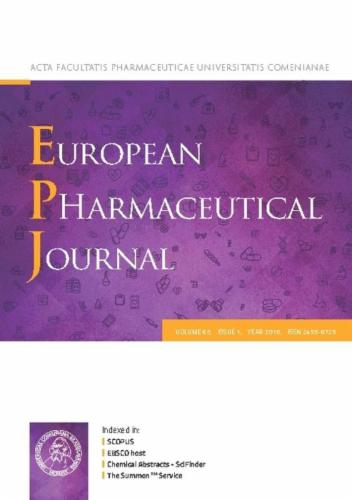Evolving value and validity of animal models in veterinary therapeutic research: Impact of scientific progress
IF 4.3
3区 医学
Q1 PHARMACOLOGY & PHARMACY
引用次数: 0
Abstract
In veterinary medicine, experimental in vivo animal models have long been integral to advancing our understanding of disease mechanisms and assessing the safety and efficacy of potential therapies. However, the value and validity of these models warrants reassessment in light of emerging scientific evidence, evolving standards in animal welfare, and the development of alternative methodologies. Such a reassessment is essential for maintaining ethical scientific practices and ensuring that research approaches remain both relevant and justifiable, especially as our awareness of animal pain, sentience, and consciousness deepens. While interspecies extrapolation of findings from these models poses challenges when applied to human medicine, what about cases where an animal species serves as both the experimental subject and the intended veterinary patient? Additionally, what alternative tools are potentially available to replace in vivo studies in these contexts? This commentary explores how veterinary research may improve efforts to meet the principles of the 3R’s by integrating alternative in vitro and in silico models early in the investigative process and utilizing specialized tools within the target veterinary population during clinical trials.

动物模型在兽医治疗研究中的价值和有效性:科学进步的影响
在兽医学中,体内实验动物模型长期以来一直是促进我们对疾病机制的理解和评估潜在疗法的安全性和有效性的组成部分。然而,这些模型的价值和有效性需要根据新出现的科学证据、不断发展的动物福利标准和替代方法的发展进行重新评估。这样的重新评估对于维持合乎伦理的科学实践和确保研究方法保持相关性和合理性是必不可少的,特别是当我们对动物疼痛、感知和意识的认识不断加深时。虽然从这些模型中推断出的物种间结果在应用于人类医学时提出了挑战,但如果一个动物物种既作为实验对象又作为预期的兽医病人,情况又如何呢?此外,在这些情况下,有哪些潜在的替代工具可以替代体内研究?这篇评论探讨了兽医研究如何通过在调查过程的早期整合替代的体外和计算机模型,并在临床试验期间在目标兽医群体中利用专门的工具,来改善满足3R原则的努力。
本文章由计算机程序翻译,如有差异,请以英文原文为准。
求助全文
约1分钟内获得全文
求助全文
来源期刊
CiteScore
9.60
自引率
2.20%
发文量
248
审稿时长
50 days
期刊介绍:
The journal publishes research articles, review articles and scientific commentaries on all aspects of the pharmaceutical sciences with emphasis on conceptual novelty and scientific quality. The Editors welcome articles in this multidisciplinary field, with a focus on topics relevant for drug discovery and development.
More specifically, the Journal publishes reports on medicinal chemistry, pharmacology, drug absorption and metabolism, pharmacokinetics and pharmacodynamics, pharmaceutical and biomedical analysis, drug delivery (including gene delivery), drug targeting, pharmaceutical technology, pharmaceutical biotechnology and clinical drug evaluation. The journal will typically not give priority to manuscripts focusing primarily on organic synthesis, natural products, adaptation of analytical approaches, or discussions pertaining to drug policy making.
Scientific commentaries and review articles are generally by invitation only or by consent of the Editors. Proceedings of scientific meetings may be published as special issues or supplements to the Journal.

 求助内容:
求助内容: 应助结果提醒方式:
应助结果提醒方式:


